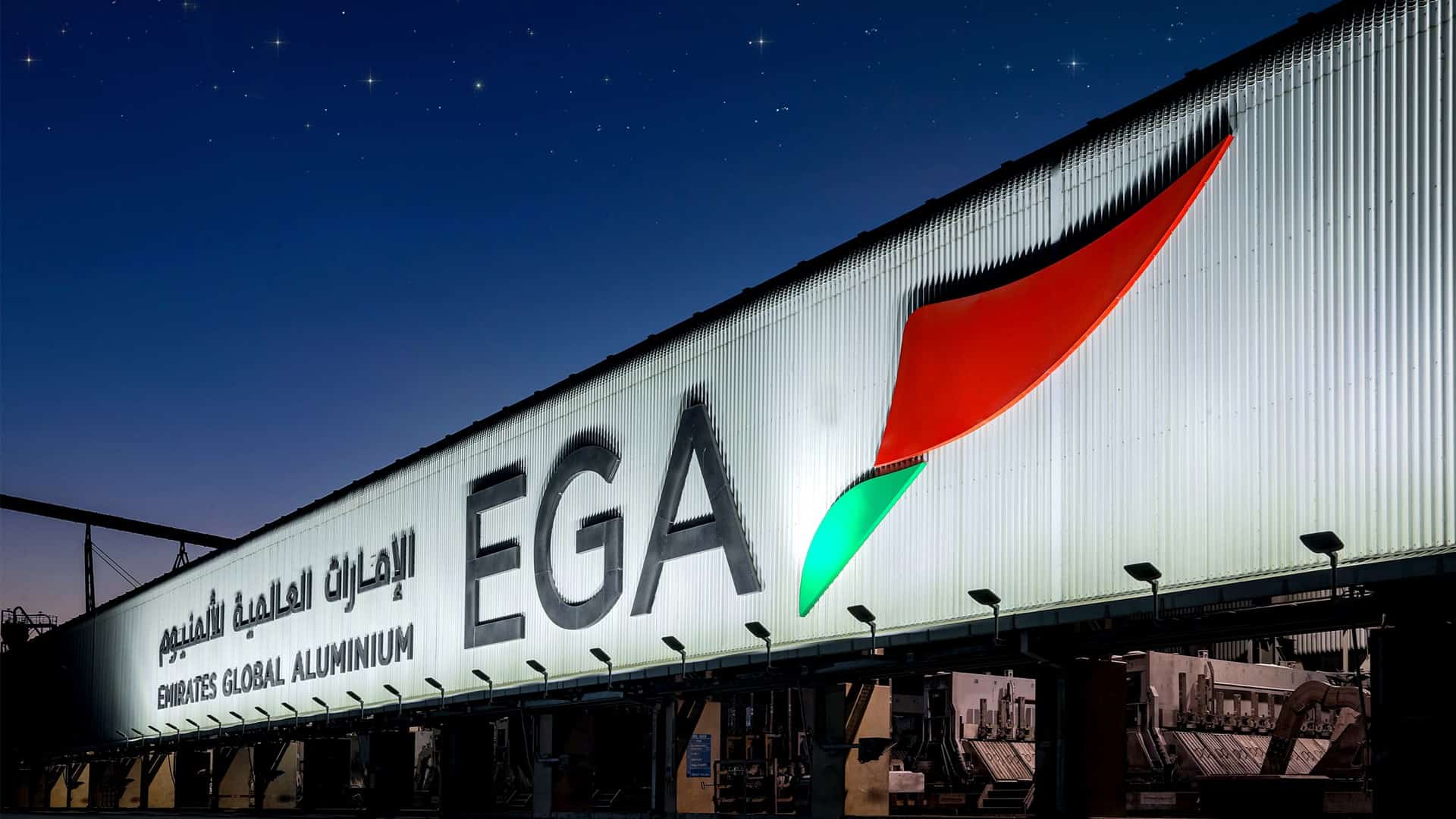Emirates Global Aluminium (EGA) and Kawasaki Kisen Kaisha (K Line Group), one of the world’s largest shipping groups, Wednesday signed an agreement to cooperate on research and pilot projects to decarbonize bulk cargo shipping.
The cooperation is expected to focus on the development and implementation of new marine decarbonisation technologies suitable for EGA’s bulk cargo shipping routes in the eastern Atlantic Ocean, Mediterranean Sea and Indian Ocean.
Solutions are likely to include kite systems, alternative fuels and CO2 capture technologies. All of these technologies today have technical and practical challenges to widespread adoption that remain to be overcome, ranging from technology immaturity to lack of support infrastructure.
“K” Line Group will lead research into decarbonisation opportunities, and EGA will target pilot projects on its “K” Line shipping routes, according to a media report.
“K” Line Group transports some 5 million tons of EGA’s bauxite per annum from the Republic of Guinea to the UAE and some 1.5 million tons of alumina each year from Australia to the UAE, under long-term Contracts of Affreightment.
The global shipping industry is responsible for almost three percent of world greenhouse gas emissions, according to the International Maritime Organisation. Shipping accounts for a proportion of the emissions generated in EGA’s supply chain, known as scope 3 emissions.








